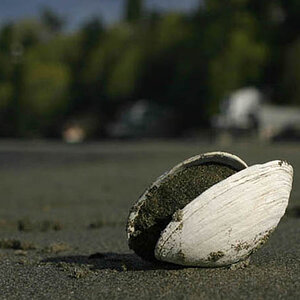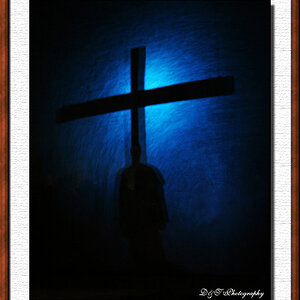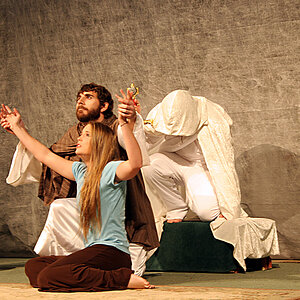phoenix_rising
TPF Noob!
- Joined
- Mar 14, 2008
- Messages
- 102
- Reaction score
- 0
- Location
- Detroit, Michigan
- Can others edit my Photos
- Photos OK to edit
Hi everyone,
I just joined up the other day. I was a little surprised that the VB server let me post before I did my intro post. Anyhow, My name is Ben. I live in a suburb of Detroit called Plymouth. Its a cute little town, although a little too snobbish for my tastes. I am a grew up in a little town called Adrian, MI. It is much nicer there imo.
Anyhow, I have been a photo buff before I even owned a camera. I used to borrow my mom's minolta point and shoot and go wild until I eventually adopted it and now I am working in digital Yayyy! I used an Olympus Stylus 300 P&S for many years with nice results but I always desired an SLR style of camera. After working in electronics at Sears for a few years I learned much more about DSLRs and got my first opportunity to play with one. I fell in love with the Nikon D40 and the Olympus E-300 right away but never had the funds. Finally I got a nice tax refund and bam I am now the proud owner of a lightly used Nikon D50 and Wow! I LOVE THIS CAMERA! I am working with a 18-55MM and a 55-200 MM right now but am in the market for a nice wide angle lens and a set of filters.
Since this is a social and technical forum I do have a question for you DSLR guys. I love to take nature shots and shots surrounding bright lighting. I just came back a few minutes ago from shooting around a local lake. But I noticed my camera seems to hate the sun and any photos that feature the sun or part of it. How can I take a nice photo of say a sunset over a lake without the sun over exposing everything? Is that a setting on the camera, a filter, or a technique I need to learn?
My D50 LCD blinks at me black and white and I believe that it was something to do with exposures or ISO settings but I am not sure.
Thanks in advance!
-Ben
I just joined up the other day. I was a little surprised that the VB server let me post before I did my intro post. Anyhow, My name is Ben. I live in a suburb of Detroit called Plymouth. Its a cute little town, although a little too snobbish for my tastes. I am a grew up in a little town called Adrian, MI. It is much nicer there imo.
Anyhow, I have been a photo buff before I even owned a camera. I used to borrow my mom's minolta point and shoot and go wild until I eventually adopted it and now I am working in digital Yayyy! I used an Olympus Stylus 300 P&S for many years with nice results but I always desired an SLR style of camera. After working in electronics at Sears for a few years I learned much more about DSLRs and got my first opportunity to play with one. I fell in love with the Nikon D40 and the Olympus E-300 right away but never had the funds. Finally I got a nice tax refund and bam I am now the proud owner of a lightly used Nikon D50 and Wow! I LOVE THIS CAMERA! I am working with a 18-55MM and a 55-200 MM right now but am in the market for a nice wide angle lens and a set of filters.
Since this is a social and technical forum I do have a question for you DSLR guys. I love to take nature shots and shots surrounding bright lighting. I just came back a few minutes ago from shooting around a local lake. But I noticed my camera seems to hate the sun and any photos that feature the sun or part of it. How can I take a nice photo of say a sunset over a lake without the sun over exposing everything? Is that a setting on the camera, a filter, or a technique I need to learn?
My D50 LCD blinks at me black and white and I believe that it was something to do with exposures or ISO settings but I am not sure.
Thanks in advance!
-Ben


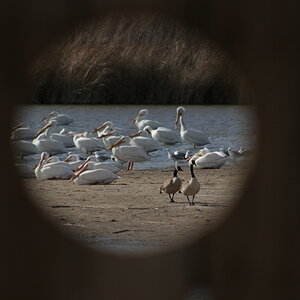
![[No title]](/data/xfmg/thumbnail/39/39294-339c772c727b255b9451f2639f2bc28e.jpg?1619738959)
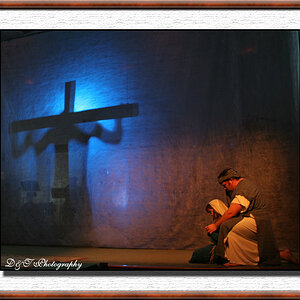
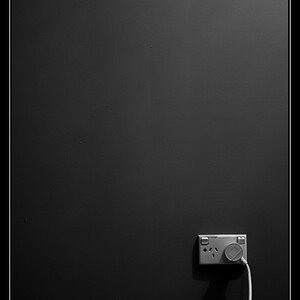

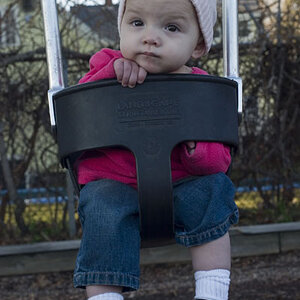
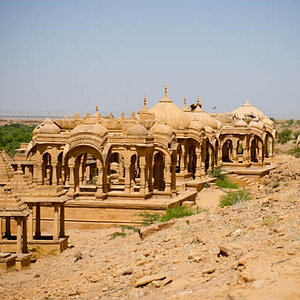
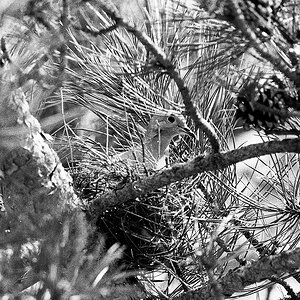
![[No title]](/data/xfmg/thumbnail/33/33440-0778f3522902634844facab43c5a29fa.jpg?1619735969)
